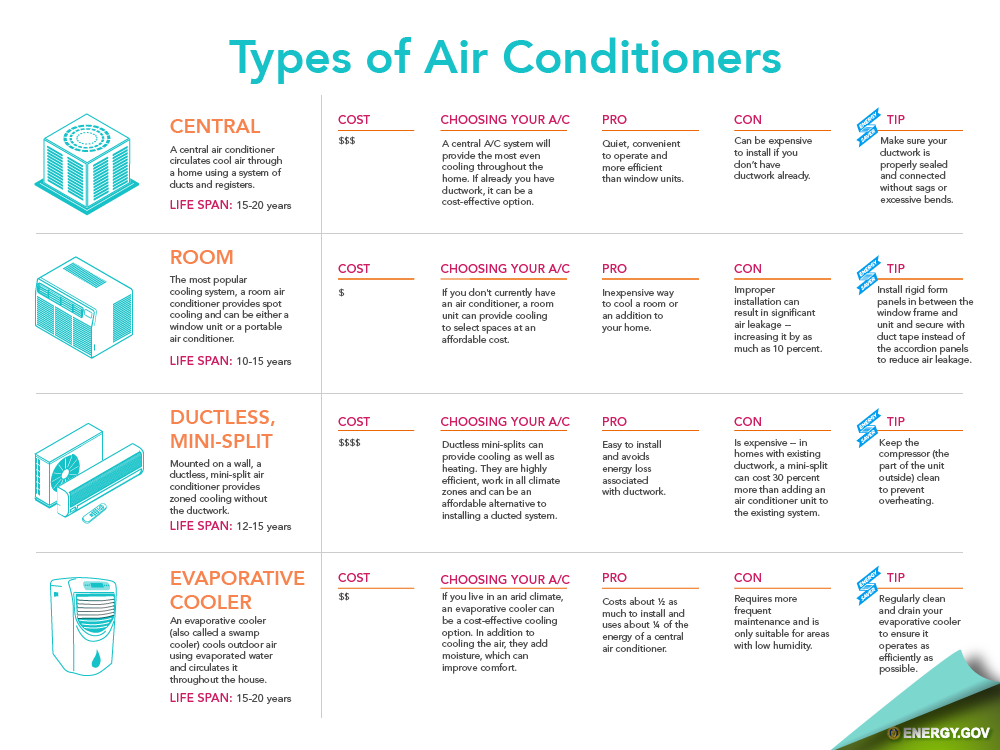The Future Of Home Heating - Just How Heat Pump Modern Technology Is Evolving
The Future Of Home Heating - Just How Heat Pump Modern Technology Is Evolving
Blog Article
Short Article Writer-Dawson Dominguez
Heat pumps will certainly be a crucial modern technology for decarbonising home heating. In a situation consistent with federal governments' introduced energy and climate commitments, their worldwide ability doubles by 2030, while their share in home heating rises to one-quarter.
They function best in well-insulated homes and rely upon electrical power, which can be provided from a renewable power grid. Technological breakthroughs are making them a lot more reliable, smarter and more affordable.
https://sjvsun.com/news/hanford/hanford-makes-moves-to-repair-sell-carnegie-museum-for-reopening/ utilize a compressor, refrigerant, coils and fans to relocate the air and warm in homes and devices. They can be powered by solar power or electricity from the grid. They have been getting appeal because of their inexpensive, silent procedure and the ability to produce power during peak power need.
Some companies, like IdaTech and BG MicroGen, are working with fuel cells for home heating. These microgenerators can replace a gas boiler and generate some of a home's electric needs with a connection to the electricity grid for the remainder.
But there are reasons to be skeptical of using hydrogen for home heating, Rosenow claims. It would certainly be pricey and inefficient compared to other innovations, and it would contribute to carbon emissions.
Smart and Connected Technologies
Smart home technology allows house owners to link and regulate their tools remotely with making use of smartphone apps. As an example, clever thermostats can discover your home heating preferences and automatically adjust to enhance energy consumption. Smart lights systems can be managed with voice commands and immediately turn off lights when you leave the space, lowering power waste. And clever plugs can monitor and manage your electric usage, allowing you to recognize and restrict energy-hungry home appliances.
The tech-savvy family shown in Carina's interview is a great image of how residents reconfigure room heating methods in the light of brand-new wise home modern technologies. They count on the devices' automated attributes to carry out day-to-day adjustments and concern them as a convenient ways of performing their heating techniques. As such, they see no reason to adjust their practices additionally in order to make it possible for flexibility in their home energy need, and interventions aiming at doing so might face resistance from these homes.
Power
Because heating homes represent 13% of US emissions, a button to cleaner options might make a large distinction. Yet Suggested Browsing faces difficulties: It's expensive and requires considerable home remodellings. And it's not constantly suitable with renewable resource resources, such as solar and wind.
Up until lately, electric heat pumps were too costly to take on gas designs in a lot of markets. However brand-new innovations in design and materials are making them much more cost effective. And far better chilly climate efficiency is enabling them to operate well also in subzero temperature levels.
The following action in decarbonising heating may be the use of warmth networks, which attract warmth from a central source, such as a neighboring river or sea inlet, and disperse it to a network of homes or buildings. That would certainly decrease carbon exhausts and permit houses to make the most of renewable resource, such as environment-friendly electrical energy from a grid supplied by renewables. This choice would be less costly than switching to hydrogen, a nonrenewable fuel source that requires new framework and would only decrease carbon dioxide emissions by 5 percent if coupled with enhanced home insulation.
Renewable Energy
As electricity rates drop, we're starting to see the same fad in home heating that has driven electric automobiles into the mainstream-- yet at an even much faster pace. The strong environment situation for electrifying homes has been pushed additionally by new study.
Renewables make up a considerable share of modern-day heat usage, yet have actually been offered restricted policy interest around the world compared to various other end-use markets-- and also much less focus than power has. Partly, this shows a mix of consumer inertia, divided motivations and, in several countries, aids for fossil fuels.
New innovations could make the shift simpler. For instance, heatpump can be made a lot more energy effective by changing old R-22 cooling agents with brand-new ones that do not have the high GWPs of their predecessors. Some specialists likewise imagine area systems that attract warmth from a nearby river or sea inlet, like a Norwegian arm. The cozy water can then be made use of for cooling and heating in a neighborhood.